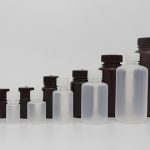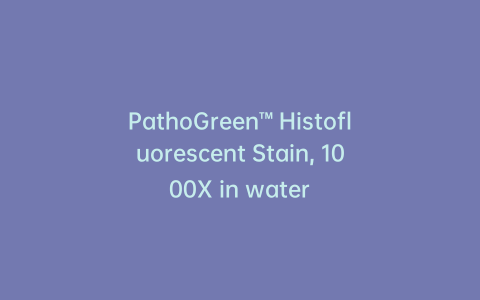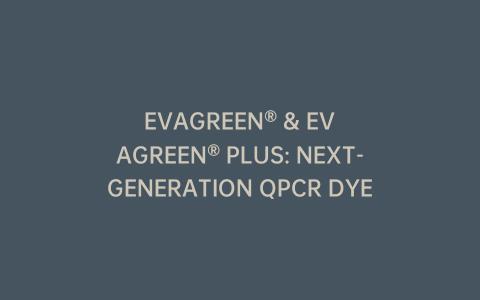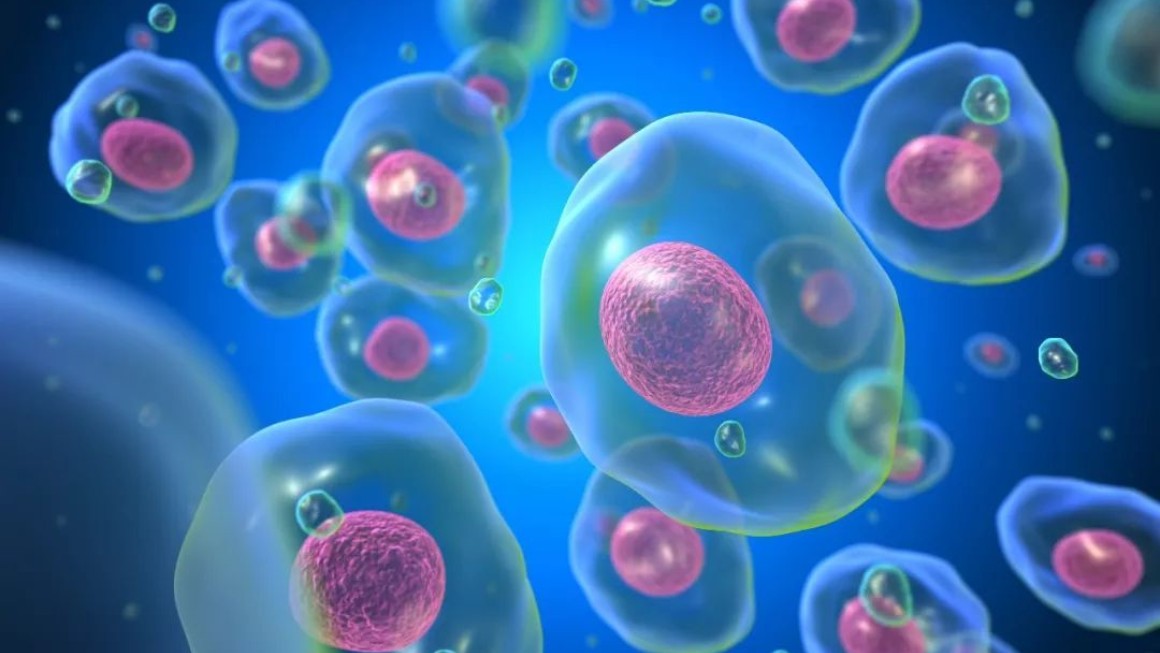L-Arginine (L-Arg) depletion has attracted worldwide attention in cancer therapy. Although there are two types of arginine-depleting enzymes, arginine deiminase (ADI) and human arginase I which are under clinical trails, the random site of PEGylation, low efficacy of heavy metal as co-factor and immunogenicity limit the properties of these drugs and make it difficult in homogeneous production.
Researchers screened ten catalytic metal ions and successfully produced a site-specific mono-PEGylated human arginase I mutant by the conjugation of the Cys45 residue with PEG-maleimide to minimize the decrease in activity and produce a homogeneous product. The result of enzyme kinetics and circular dichroism spectrometry showed that 20 or 40 kDa linear and branched PEG attached on the HAI surface did not have effect on the secondary structures of protein and enzyme activity.
The in vitro research showed that both Co-HAI-PEG20L and Ni-HAI-PEG20L were able to inhibit the growth of eight types of cancer cell lines. The pahrmacodynamic study in mice demonstrated that a L-Arg level could be maintained below its detection limit for more than 120 hours after one injection by the administration of Co-HAI-PEG20L at 13 mg/kg and Ni-HAI-PEG20L at 15 mg/kg. The fact that the weight of the mice could recover to a normal level in 5 days after injection showed that the doses had good tolerance. As a result, the Ni-HAI-PEG20L and Co-HAI-PEG20L are promising for cancer treatment.




